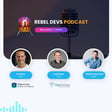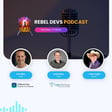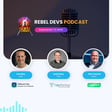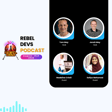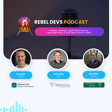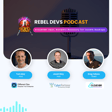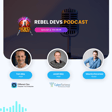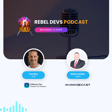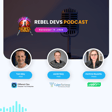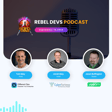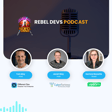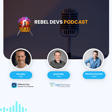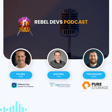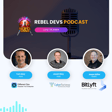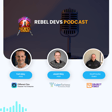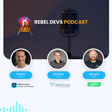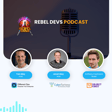
Know Your Costs or Die Trying: SaaS Finance, Edge AI, and Cloud Reality with Will Baccich
In this episode of the Rebel Devs Podcast, hosts Tom May and Jonah May catch up with longtime friend and former colleague Will Baccich, partner at Seton Hill Partners, to break down why understanding cost is everything—especially for growing tech companies.
🔍 Key topics include:
- Why so many service providers don’t actually know what it costs them to do business
- The power and pitfalls of fractional leadership (CFOs, CIOs, and beyond)
- SaaS pricing strategies and surviving buyer pressure in commoditized markets
- Real talk on cloud vs on-prem, capital constraints, and hidden costs
- The reality check for small service providers in today’s hyperscale world
- Edge computing: where did it go, and will AI bring it back?
- Building local AI agents for tier-1 support and knowledge transfer
- How hospitals lose $10K IV pumps (yes, seriously) and how LORA tech is solving it
🔥 Bonus: Will, Tom, and Jonah get candid about the past, present, and future of storage, Veeam, object-first appliances, and the coming AI arms race in IT services.
If you're in tech, SaaS, IT services, or just love solving big problems with unconventional thinking—this is one episode you won’t want to miss.
🧠 Whether you're scaling a startup or modernizing a legacy system, "know your cost" might just become your new mantra.
📣 Mentions & Shoutouts:
- Seton Hill Partners
- Fortium Partners
- CyberFortress
- Object First
- Texas Veeam User Group Roadshow (June)
💬 Like, share, and subscribe to join the Devolution — where rebels don’t just disrupt, they evolve.
